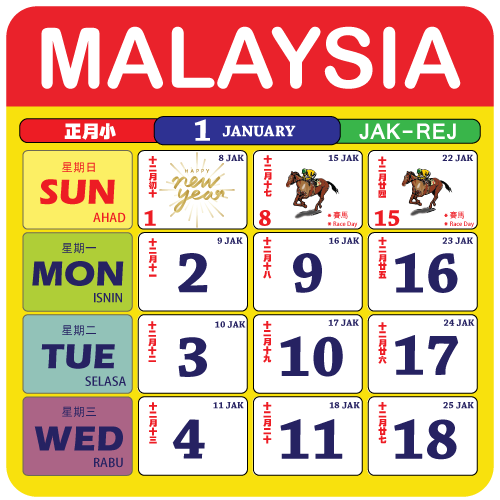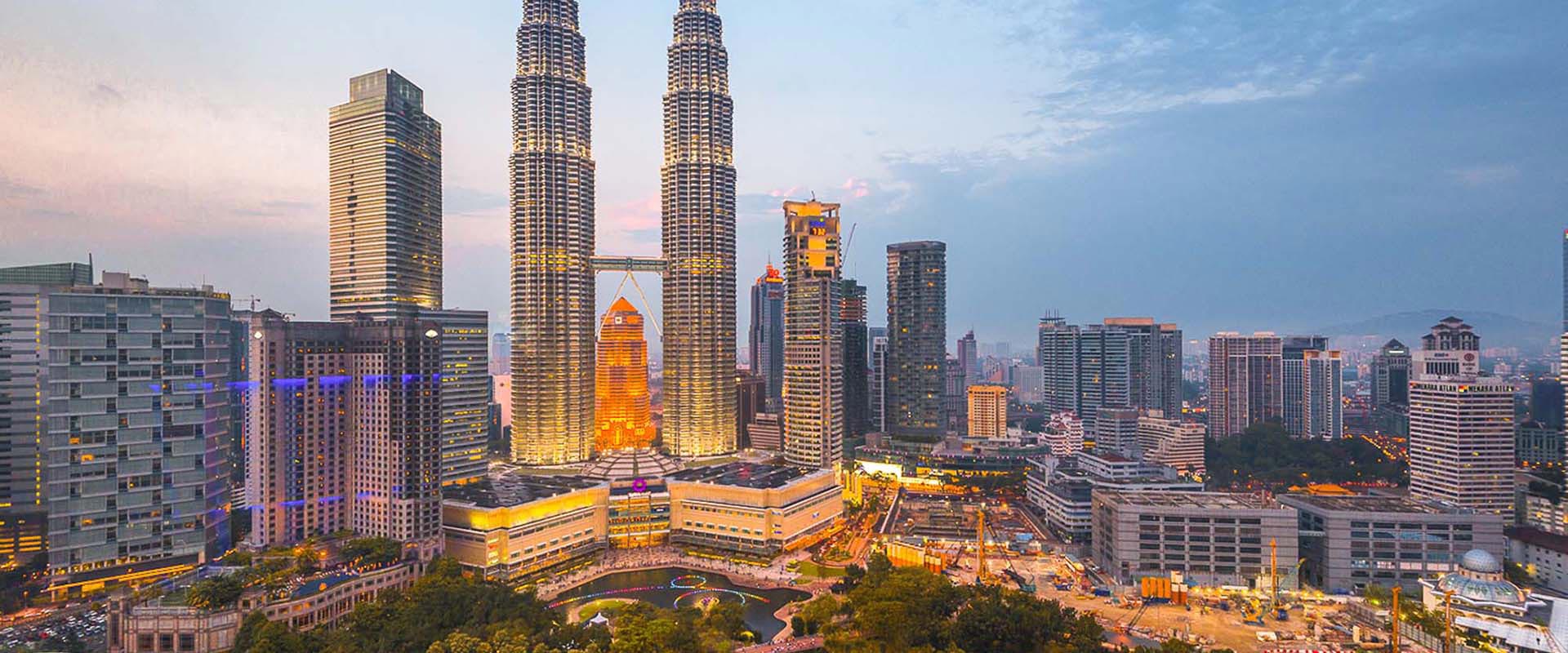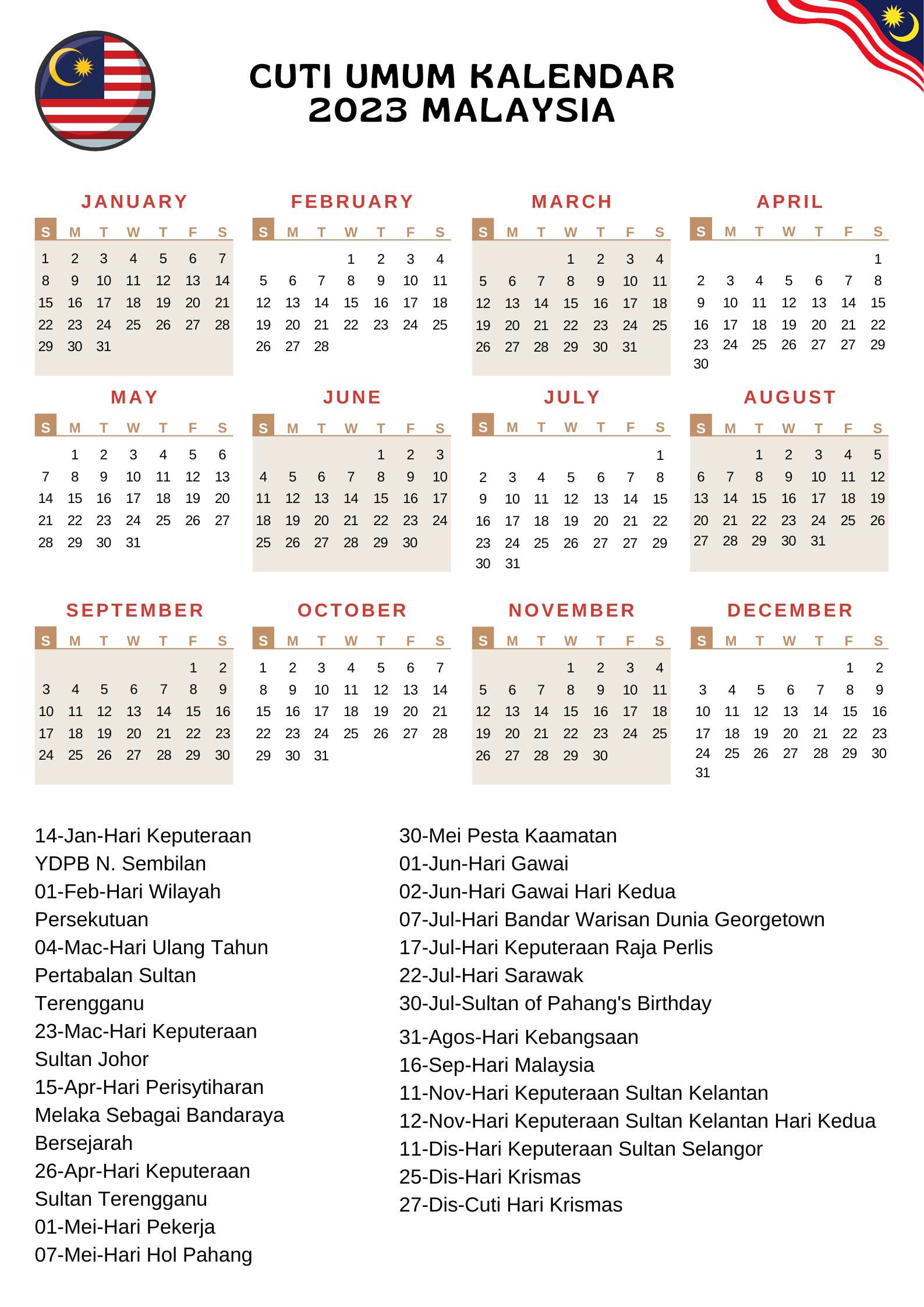2025 Calendar of Public Holidays in Malaysia: A Comprehensive Guide
Related Articles: 2025 Calendar of Public Holidays in Malaysia: A Comprehensive Guide
- Malayala Manorama Calendar October 2025: A Comprehensive Guide
- WWE Calendar 2025 Walmart: A Comprehensive Guide To The Upcoming Wrestling Extravaganza
- 2025-2026 HISD Calendar: A Comprehensive Overview
- University Of Michigan-Flint School Calendar: A Comprehensive Guide
- Desktop Calendar 2025: Free Printable With 1600+ Words
Introduction
With great pleasure, we will explore the intriguing topic related to 2025 Calendar of Public Holidays in Malaysia: A Comprehensive Guide. Let’s weave interesting information and offer fresh perspectives to the readers.
Table of Content
Video about 2025 Calendar of Public Holidays in Malaysia: A Comprehensive Guide
2025 Calendar of Public Holidays in Malaysia: A Comprehensive Guide

Malaysia, a melting pot of cultures and traditions, observes a diverse range of public holidays throughout the year, reflecting the country’s rich heritage and diverse religious observances. These holidays provide opportunities for Malaysians to celebrate their cultural and religious identities, foster unity, and enjoy well-deserved breaks from work and study.
The 2025 calendar of public holidays in Malaysia comprises a total of 16 days, designated by the Malaysian government to ensure that all citizens can participate in these important national and religious events. These holidays are divided into three categories: national holidays, religious holidays, and special holidays.
National Holidays
-
New Year’s Day (January 1): The first day of the Gregorian calendar, New Year’s Day is a global celebration that marks the start of a new year. In Malaysia, it is a public holiday observed by all citizens, regardless of their religion or ethnic background.
-
Federal Territory Day (February 1): This holiday commemorates the establishment of the Federal Territory of Kuala Lumpur, Putrajaya, and Labuan in 1974. It is observed only in these three federal territories.
-
Labour Day (May 1): Also known as International Workers’ Day, Labour Day is a global event that celebrates the contributions and rights of workers. In Malaysia, it is a public holiday observed by all employees.
-
National Day (August 31): This is the most important national holiday in Malaysia, commemorating the country’s independence from British rule on August 31, 1957. It is a day of national pride and celebration, marked by parades, fireworks, and cultural performances.
-
Malaysia Day (September 16): This holiday commemorates the formation of Malaysia on September 16, 1963, when Malaya, Singapore, Sabah, and Sarawak merged to form the Federation of Malaysia.
Religious Holidays
-
Chinese New Year (January 22-23): Celebrated by the Chinese community in Malaysia, Chinese New Year is a two-day festival that marks the beginning of the Chinese lunar calendar. It is a time for family gatherings, feasting, and the exchange of red envelopes containing money.
-
Thaipusam (January 28): A Hindu festival, Thaipusam is celebrated by the Tamil community in Malaysia. It commemorates the victory of Lord Murugan over the demon Soorapadam. Devotees pierce their bodies with skewers and carry heavy milk pots to seek blessings from Lord Murugan.
-
Awal Muharram (March 1): The first day of the Islamic calendar, Awal Muharram is a significant holiday for Muslims in Malaysia. It marks the beginning of the new Islamic year and is observed with prayers and special meals.
-
Maulidur Rasul (March 20): This holiday celebrates the birth of Prophet Muhammad, the founder of Islam. It is observed by Muslims in Malaysia with prayers, recitations, and special sermons.
-
Good Friday (April 10): A Christian holiday, Good Friday commemorates the crucifixion of Jesus Christ. It is observed by Christians in Malaysia with church services, fasting, and prayer.
-
Easter Sunday (April 12): This holiday celebrates the resurrection of Jesus Christ. It is observed by Christians in Malaysia with church services, special meals, and family gatherings.
-
Wesak Day (May 2): A Buddhist holiday, Wesak Day commemorates the birth, enlightenment, and passing of Gautama Buddha, the founder of Buddhism. It is observed by Buddhists in Malaysia with temple visits, meditation, and special offerings.
-
Hari Raya Aidilfitri (May 24-25): The most important Muslim holiday in Malaysia, Hari Raya Aidilfitri marks the end of the fasting month of Ramadan. It is celebrated with prayers, family gatherings, and feasting.
-
Hari Raya Aidiladha (July 1): Also known as the Festival of Sacrifice, Hari Raya Aidiladha is a Muslim holiday that commemorates the willingness of Prophet Ibrahim to sacrifice his son, Ismail. It is observed with prayers, animal sacrifices, and the distribution of meat to the needy.
-
Deepavali (November 7): A Hindu festival, Deepavali celebrates the victory of good over evil. It is observed by the Indian community in Malaysia with prayers, the lighting of oil lamps, and the exchange of gifts.
Special Holidays
-
Sultan’s Birthday (Variable): Each state in Malaysia has its own Sultan’s Birthday, which is a public holiday observed in that particular state. The dates vary depending on the state.
-
Agong’s Birthday (June 6): This holiday celebrates the birthday of the Yang di-Pertuan Agong, the constitutional head of state of Malaysia. It is observed throughout the country.
Conclusion
The 2025 calendar of public holidays in Malaysia provides a diverse and inclusive array of celebrations that reflect the country’s rich cultural and religious heritage. These holidays offer opportunities for Malaysians to connect with their traditions, celebrate their identities, and come together as a nation. By understanding and respecting the significance of these holidays, we can foster unity, harmony, and a deep appreciation for the diverse tapestry of Malaysian society.






Closure
Thus, we hope this article has provided valuable insights into 2025 Calendar of Public Holidays in Malaysia: A Comprehensive Guide. We thank you for taking the time to read this article. See you in our next article!